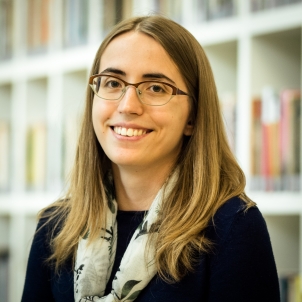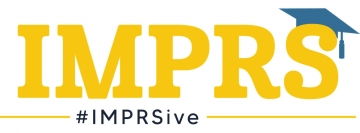Cecília on finding balance
Name: Cecília Hustá
Department: Psychology of Language
Research: Electrophysiological Signatures of Speech Planning during Comprehension
Started at the IMPRS: 2020
Nationality: Slovak
How did you come to pursuing your research topic in Nijmegen?
I did my Bachelor’s in Psychology and Master’s in Clinical Neuropsychology and Cognitive Neuroscience in Groningen. I worked on several exciting projects with a wide range of topics, such as investigating functional connectivity during reward anticipation and looking at whether visual working memory content is reflected in pupil size. After five years in Groningen, it was time to find a new environment where I could be inspired to do my thesis. I chose to do my thesis with Vitória Piai at Radboud University, where I looked into electrophysiological signatures of retrieval from semantic memory. I presented this research at a conference in the MPI, which inspired me to look into PhD positions here.
What are some of the highlights of your doctoral life so far?
I especially value the freedom the MPI and the IMPRS offer. At the start of my PhD, I was encouraged to spend several months to find the topic that would fit my interest. The IMPRS has a similar advantage, as you can tailor the curriculum to your own interests and needs. The strong collaboration between the MPI and all the faculties at Radboud University ensures that the course selection is excellent. Our institute offers opportunities to engage in research beyond your PhD. For example, I am currently working on a “mega-study” on name agreement and adjective ordering, which is a collaboration of around ten researchers. The sense of community can be felt throughout the institute. I really appreciate the eagerness of all my colleagues to listen and, if needed, help with my research.
I especially value the freedom the MPI and IMPRS offer.
What advice do you have for peers or those considering doctoral studies?
Find the balance. This advice applies to most jobs, but it is particularly relevant for the PhD life with regards to several aspects. Most of the research institutes provide great opportunities to get involved beyond your research, from joining committees, teaching, to organizing conferences. My advice would be to get involved, but not to overdo it. Having diverse responsibilities makes the day more fun, as you can switch tasks when you get stuck, but you should make sure to dedicate enough time to your project. Work-life balance is another important thing to strive for. If this is your weakness, IMPRS even offers dedicated training about this.


Share this page